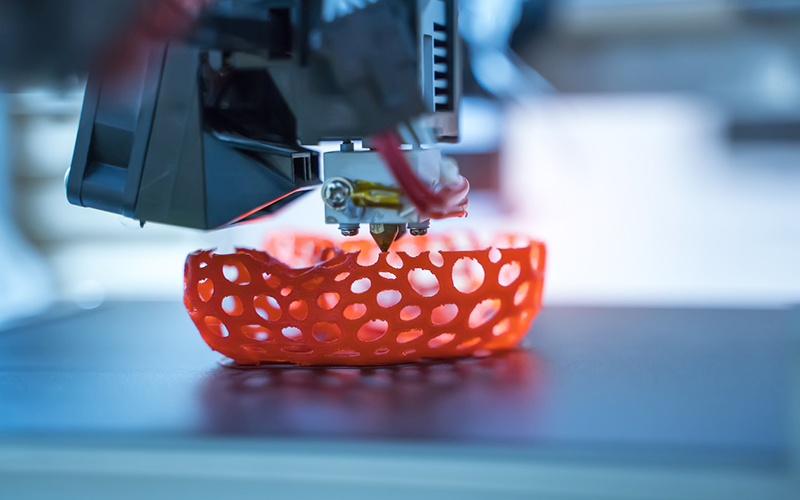The widespread scale of the coronavirus pandemic, and the need to distribute a vaccine the moment it’s ready, has introduced new complexities to the global supply chain. These include the number of parties and jurisdictions involved, varying maturity levels in data analytics, and transportation and communication issues, among others. Artificial intelligence (AI) and data analytics may present opportunities to more accurately predict challenges and plan an efficient rapid response while minimizing future disruptions.
.
The COVID-19 pandemic highlighted new and existing issues in many industries’ supply chains. Consumer goods, manufacturing and healthcare supply chain disruptions have made headlines since the beginning of the year. In addition, some logistics organizations are struggling to gather and analyze quality data while bottlenecks at any link in the chain threaten to cause cascading disruptions. This is where AI – and specifically machine learning – can help.
.
AI may refer to many implementations of technology, but machine learning is the most prominent implementation of AI. It uses algorithms and applications to automate data analysis and create models of knowledge. Machine learning solutions may be used to perform predictive analysis, such as regression analysis and classification, which can be particularly helpful in predicting […]
Click here to view original web page at www.industryweek.com





0 Comments